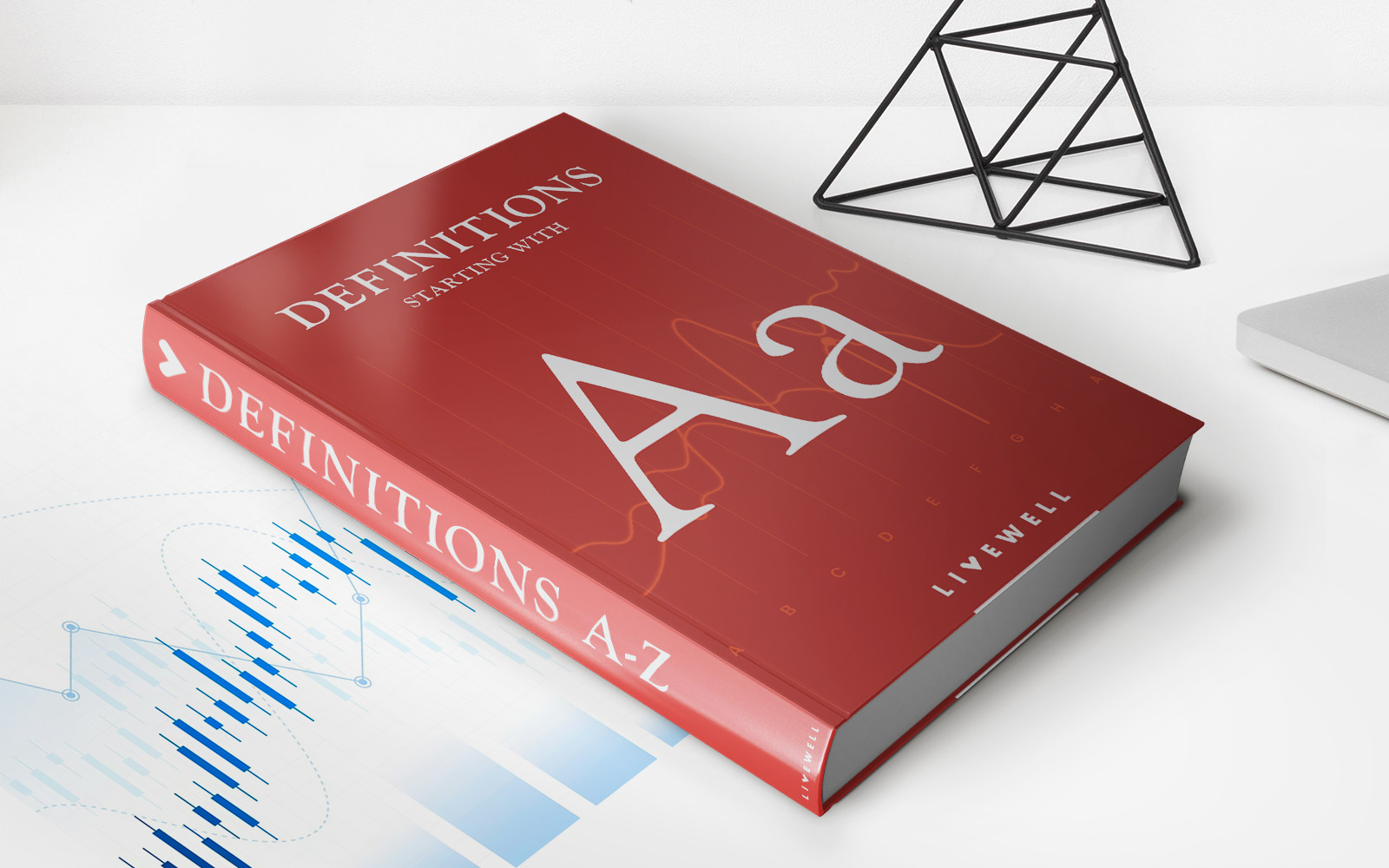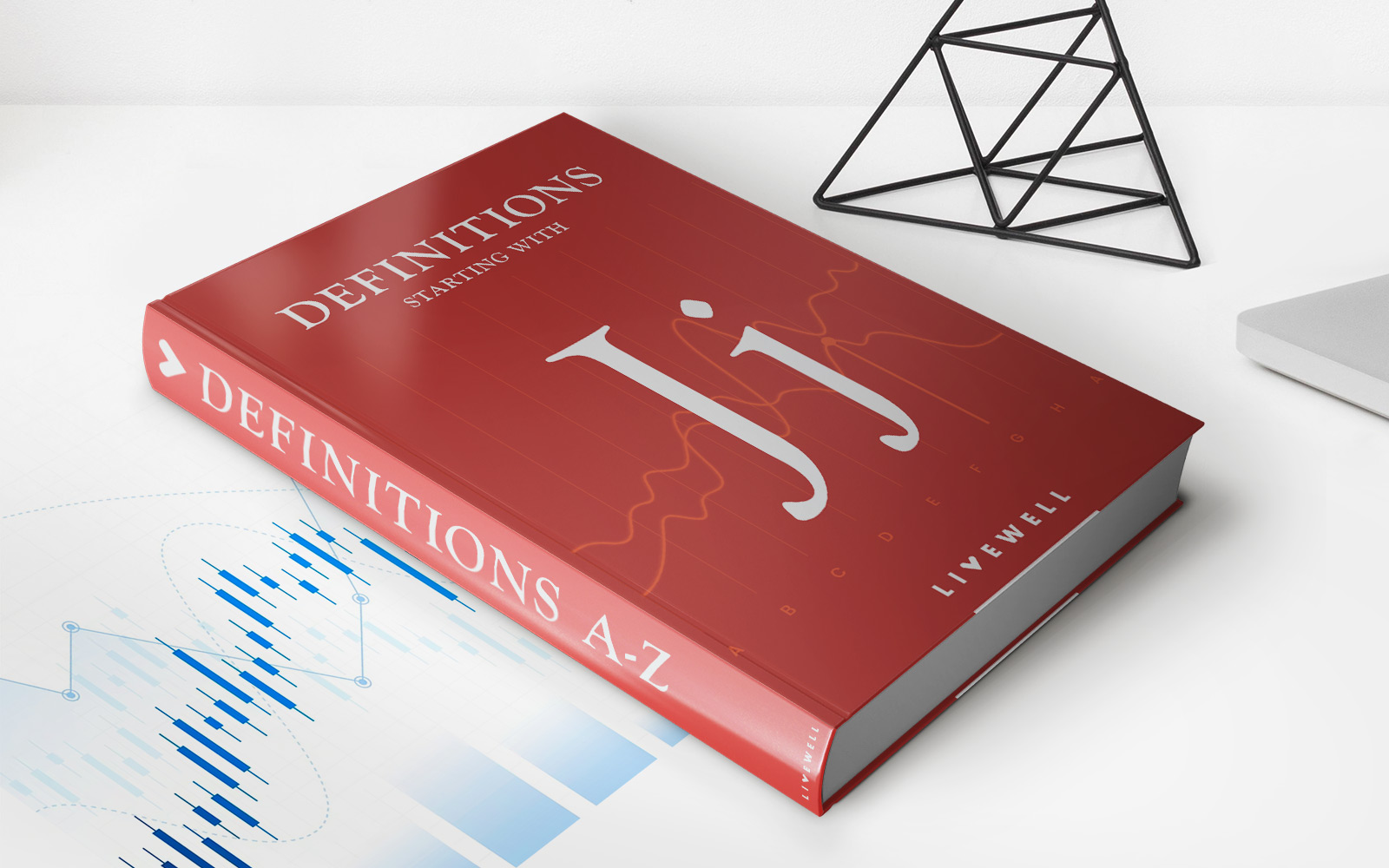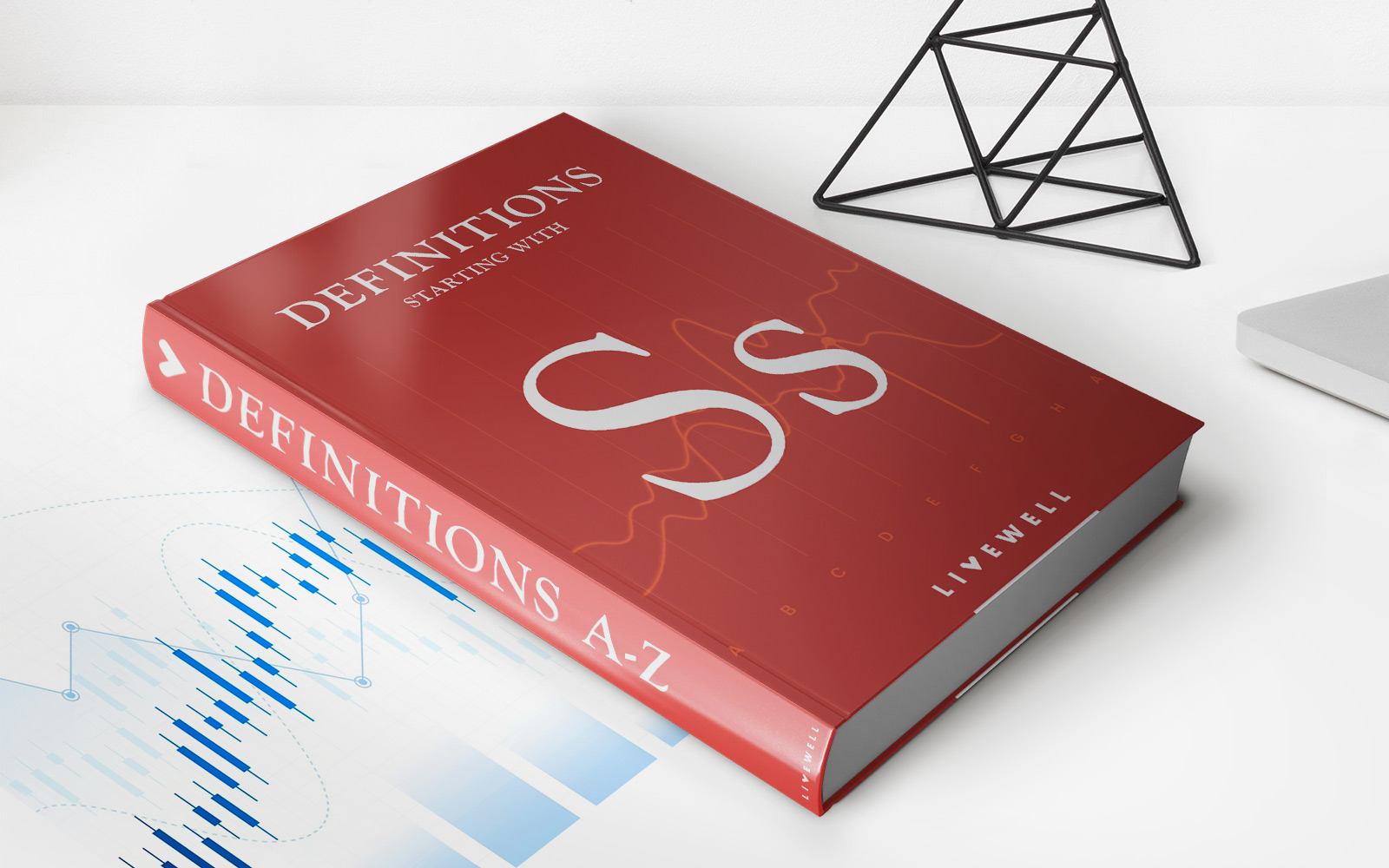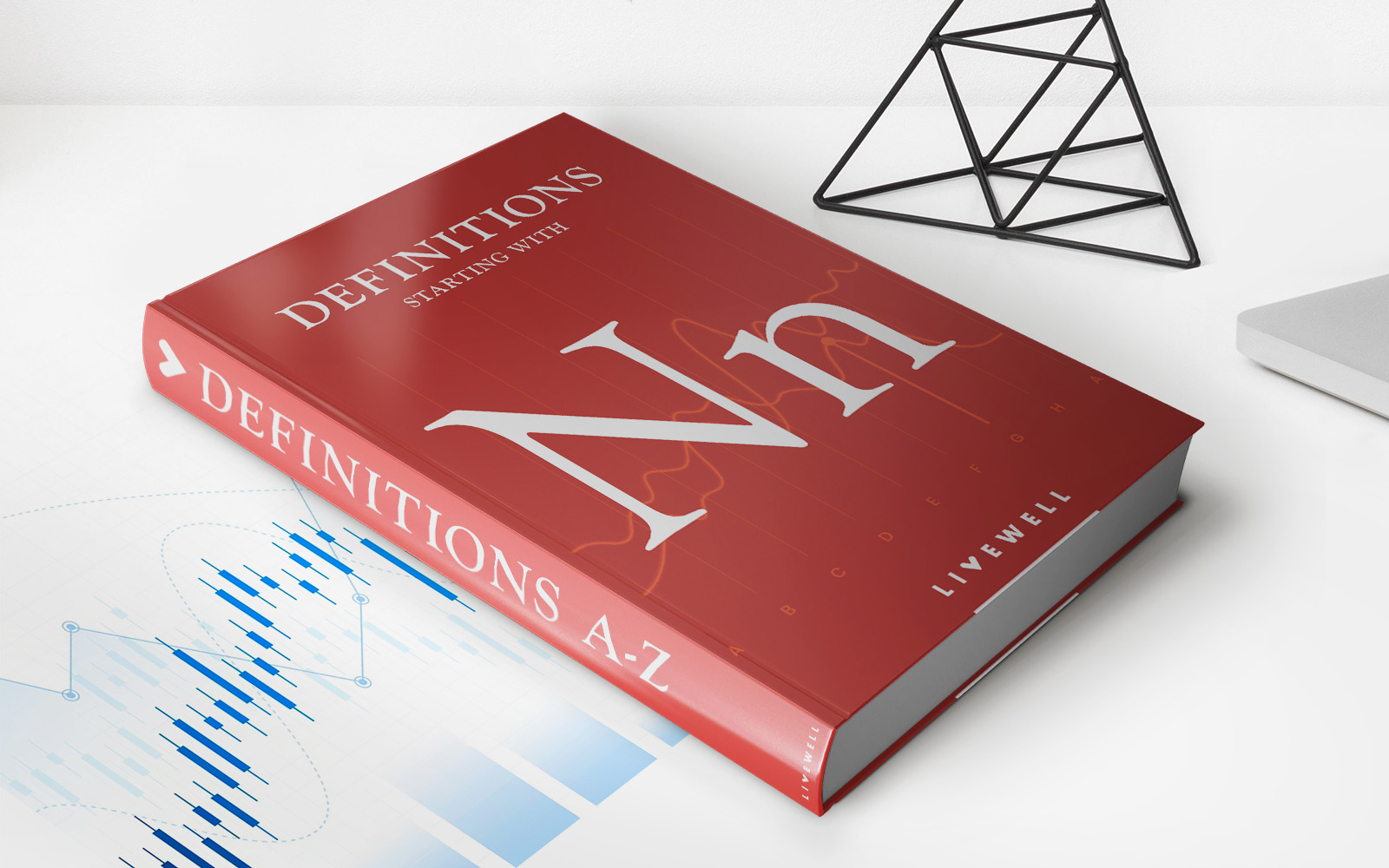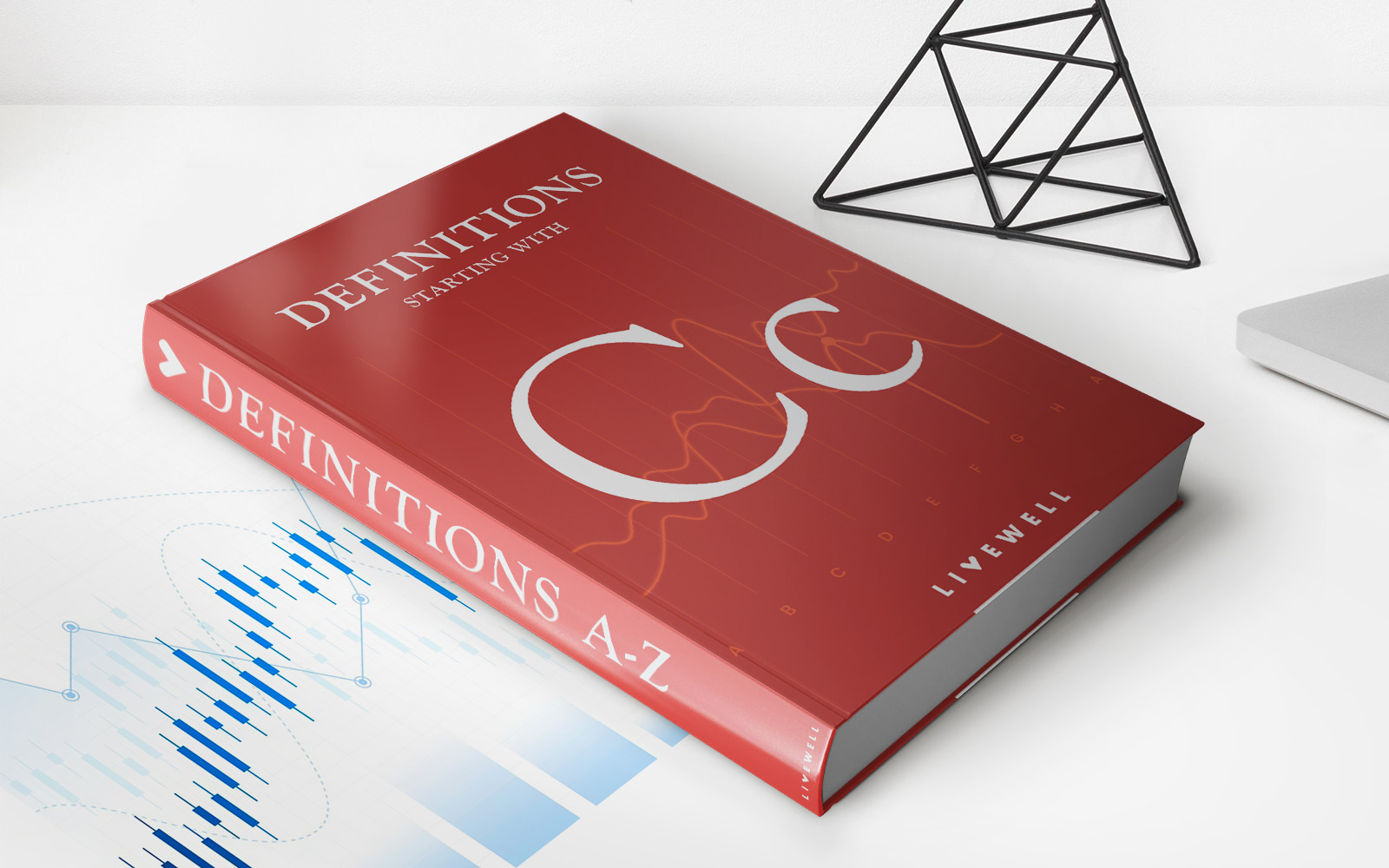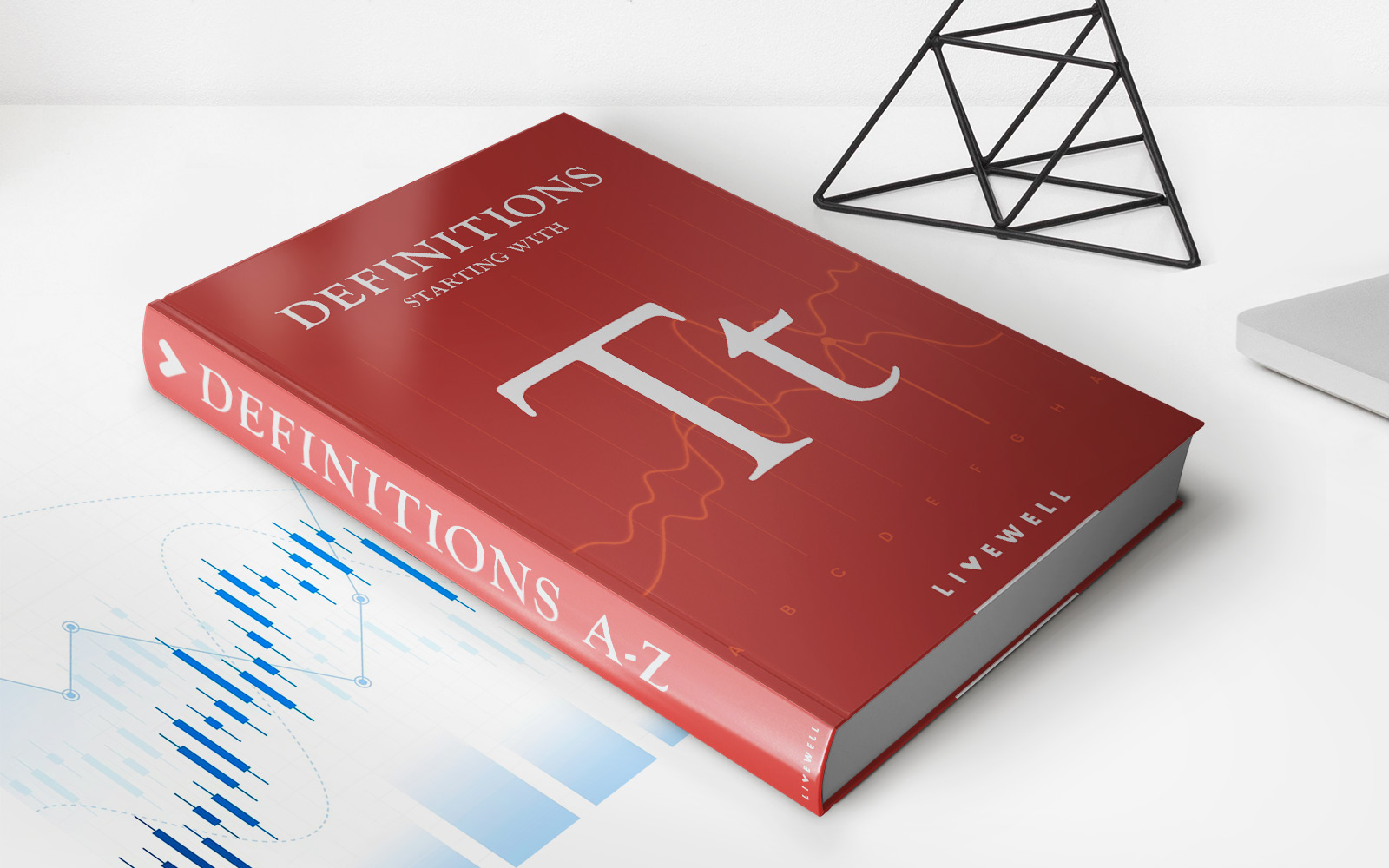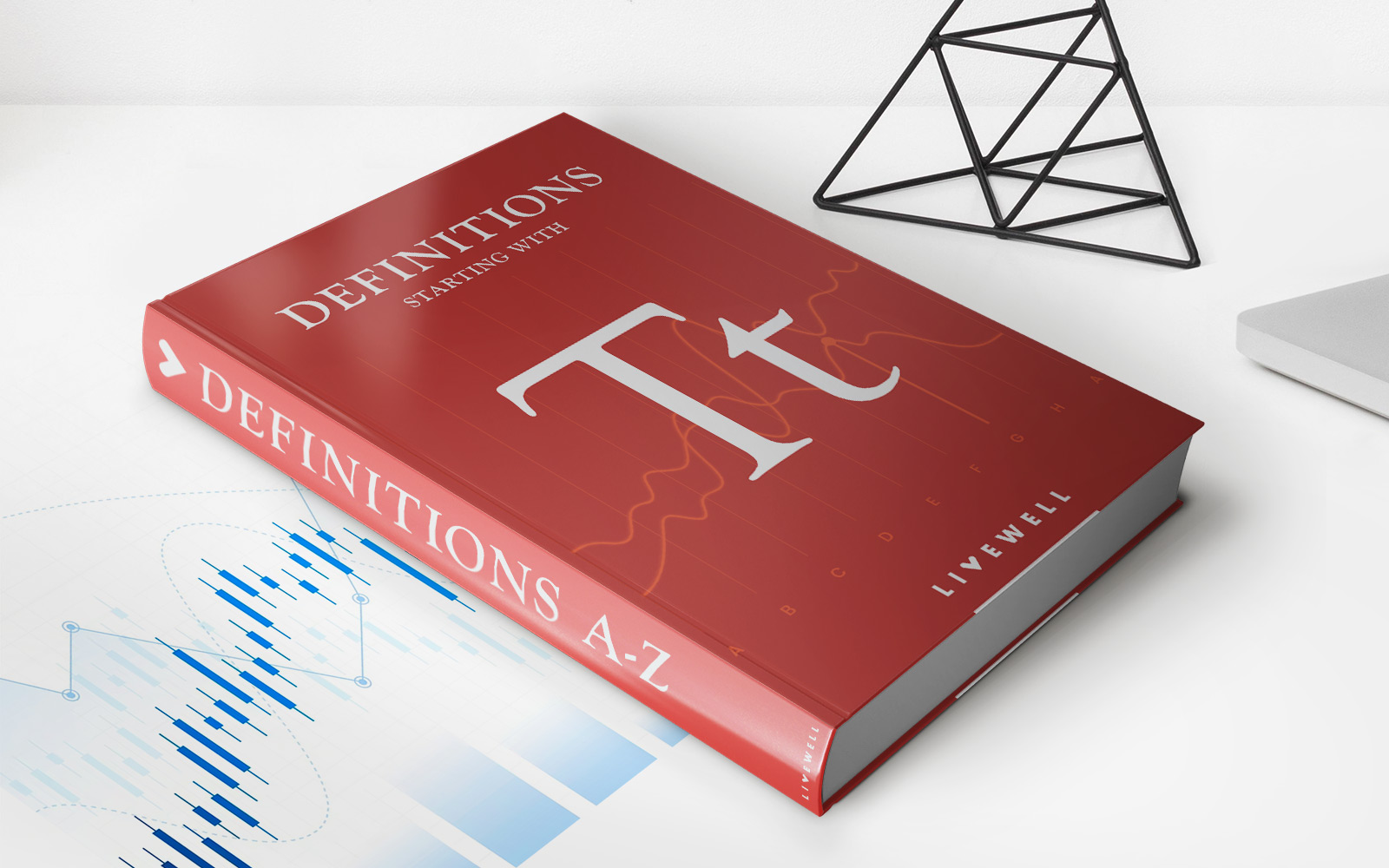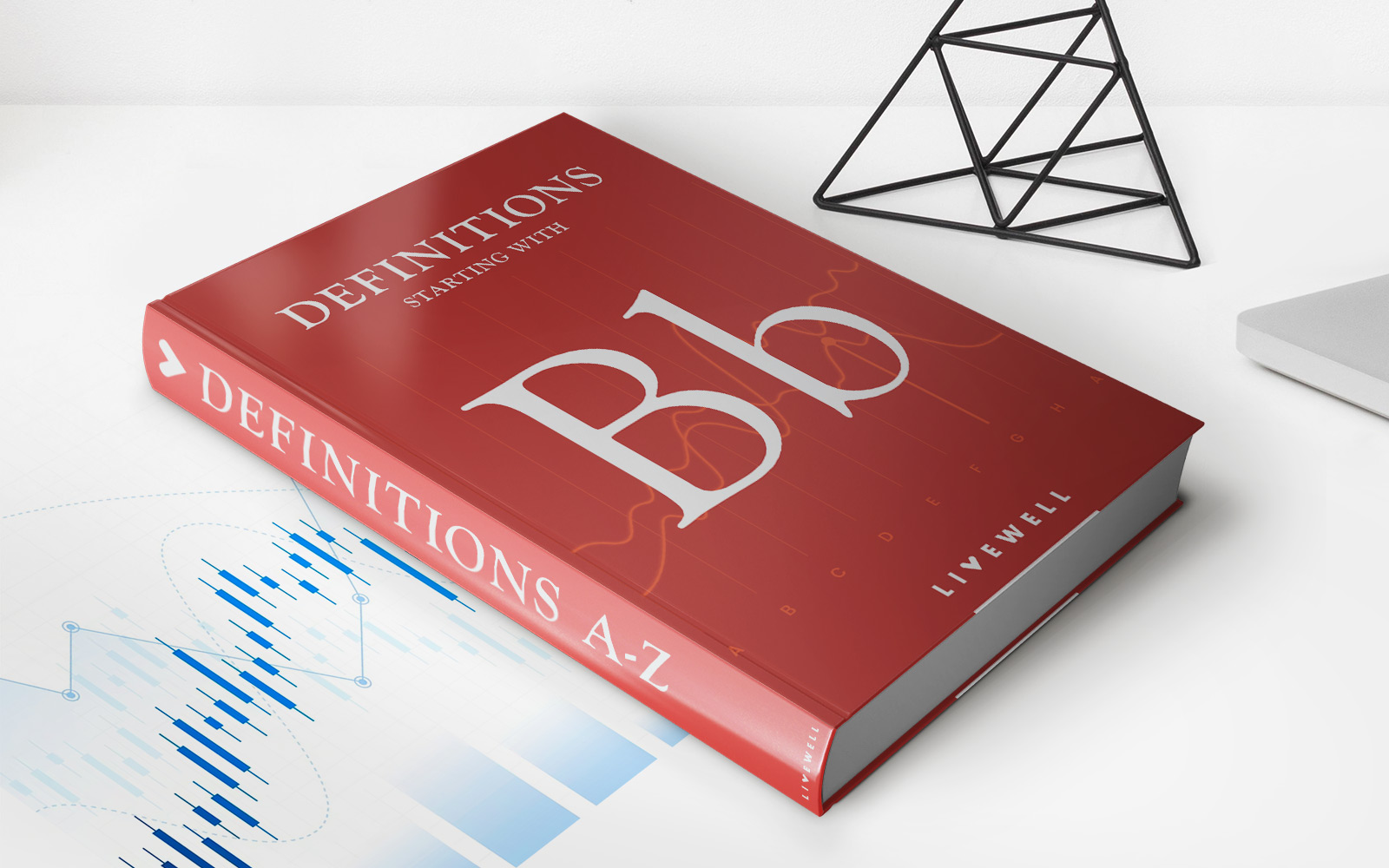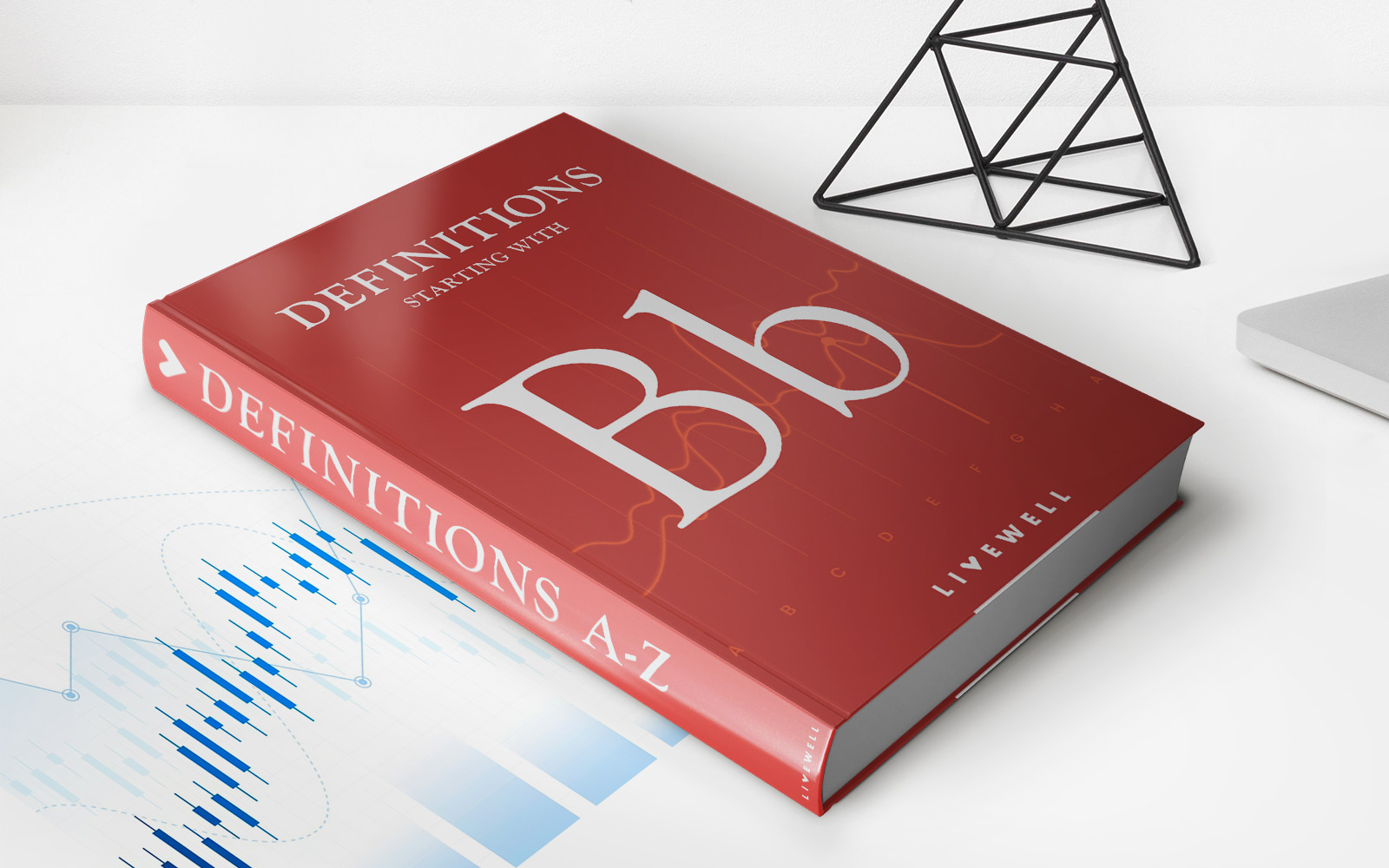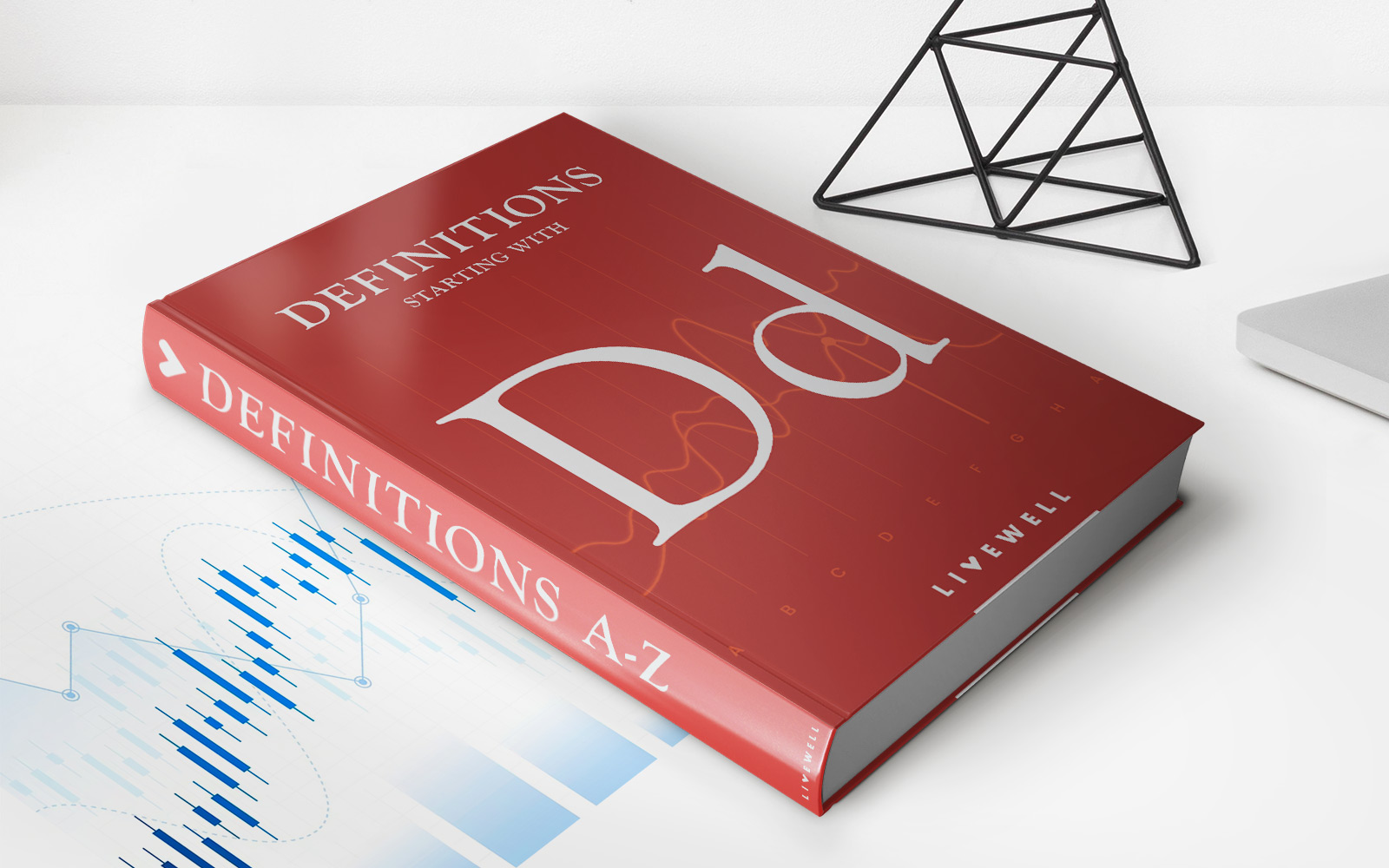Home>Finance>Proof Of Elapsed Time (PoET) Definition, Purposes, Vs. PoW


Finance
Proof Of Elapsed Time (PoET) Definition, Purposes, Vs. PoW
Published: January 12, 2024
Discover the definition, purposes, and differences between Proof of Elapsed Time (PoET) and Proof of Work (PoW) in the world of finance. Enhance your understanding of this essential concept.
(Many of the links in this article redirect to a specific reviewed product. Your purchase of these products through affiliate links helps to generate commission for LiveWell, at no extra cost. Learn more)
Unlocking the Future of Finance: Understanding Proof of Elapsed Time (PoET)
Have you ever wondered what powers the decentralized world of cryptocurrencies? How do these digital currencies, like Bitcoin, ensure the security and validity of transactions? The answer lies in the consensus mechanisms, and one such mechanism is known as Proof of Elapsed Time (PoET). In this blog post, we will delve into the definition, purposes, and differentiate PoET from another popular consensus mechanism – Proof of Work (PoW).
Key Takeaways:
- PoET is a consensus mechanism used in the world of cryptocurrencies to ensure the security of transactions.
- Compared to PoW, PoET offers a more energy-efficient and scalable solution for the validation of transactions.
Defining Proof of Elapsed Time (PoET)
Proof of Elapsed Time is a consensus mechanism that was introduced by Intel as an alternative to Proof of Work. It is designed to address the scalability and energy consumption concerns associated with PoW, providing a more efficient and sustainable solution. In PoET, the process of validating transactions is based on time rather than computational power.
How does PoET work? It starts with a random lottery where participants in the network compete to become the leader. However, unlike PoW where participants solve complex mathematical puzzles, in PoET, the winner is selected based on a randomly generated wait time.
Each participant in the network waits for their designated time before becoming the leader and being given the responsibility to validate transactions. This wait time is calculated using a trusted hardware device, ensuring fairness and eliminating the need for excessive computational power.
Purposes of Proof of Elapsed Time (PoET)
Now that we understand the basic concept of PoET, let’s explore its primary purposes:
- Scalability: PoET offers a scalable solution for blockchain networks. By removing the dependency on computational power, PoET enables a faster and more agile validation process, allowing for increased transaction throughput.
- Energy Efficiency: PoET consumes significantly less energy compared to PoW. Since the leader selection process is based on a random wait time, participants do not need to continuously solve resource-intensive puzzles. This makes PoET a more environmentally friendly consensus mechanism.
- Fairness: PoET ensures fairness by using trusted hardware devices to generate the wait time. This eliminates the advantage of those with higher computational power, democratizing the validation process.
- Security: PoET maintains security by incorporating cryptographic techniques into the consensus mechanism. The randomness and transparency of the leader selection process make it difficult for malicious actors to manipulate the system.
Proof of Elapsed Time (PoET) vs. Proof of Work (PoW)
Now let’s compare PoET with the widely known consensus mechanism – Proof of Work (PoW):
- Energy Consumption: PoET significantly reduces energy consumption as it doesn’t require hashing power and solves resource-intensive puzzles. On the other hand, PoW demands substantial computational power, consuming a vast amount of electricity.
- Scalability: PoET offers better scalability because participants don’t have to compete in solving complex puzzles in order to validate transactions. This allows for a faster and more efficient validation process. PoW, on the other hand, becomes slower and less scalable as the network grows, limiting the number of transactions.
Proof of Elapsed Time represents a significant innovation in the world of cryptocurrencies. With its energy efficiency, scalability, fairness, and security features, PoET has the potential to reshape the landscape of digital finance. As the digital revolution unfolds, it is essential to understand these groundbreaking consensus mechanisms that power our decentralized future.
Disclaimer: This article is for informational purposes only and should not be considered financial or investment advice. Consult a financial professional before making any investment decisions.

